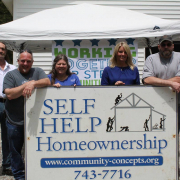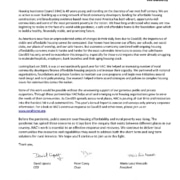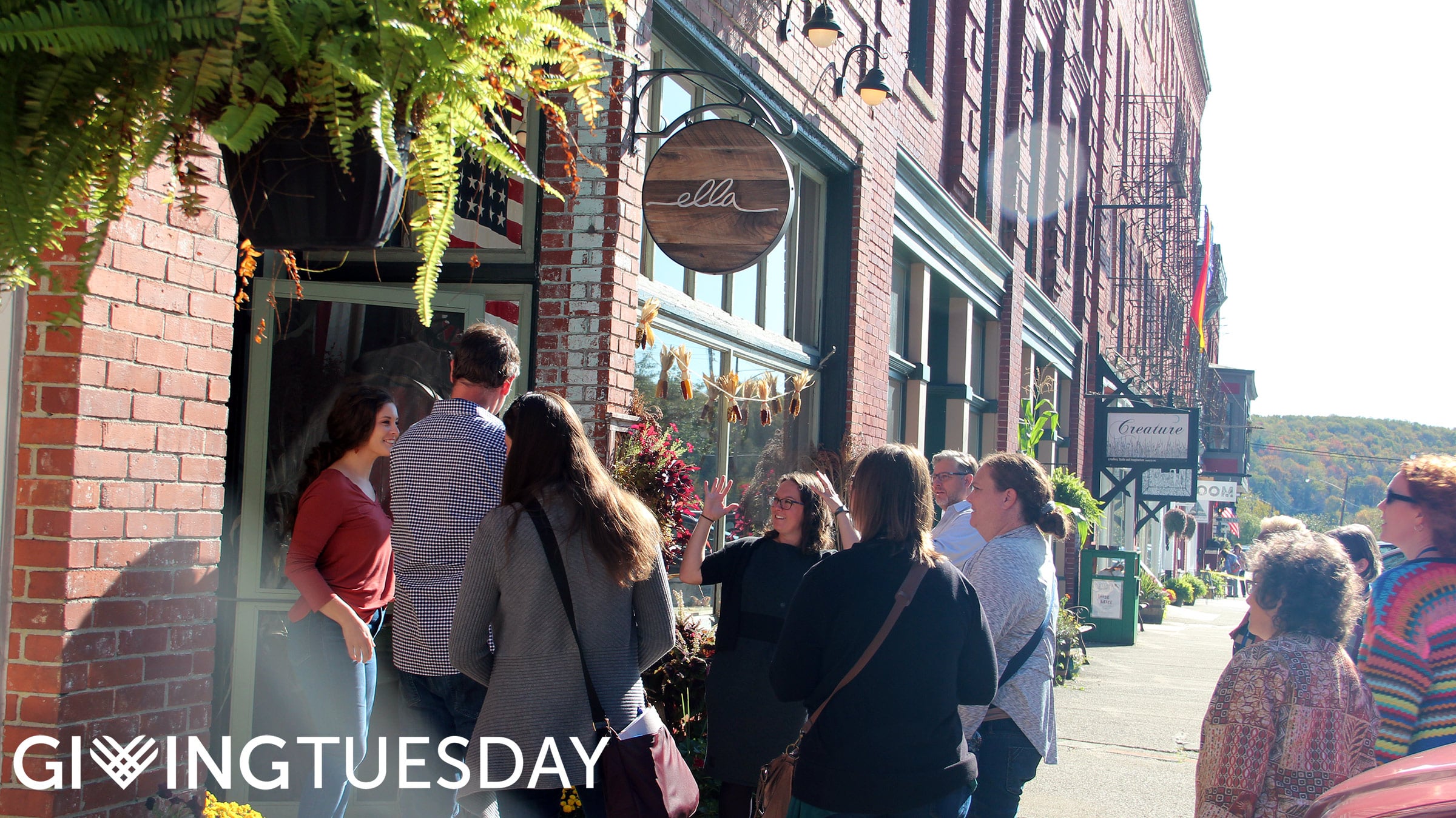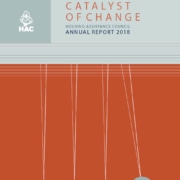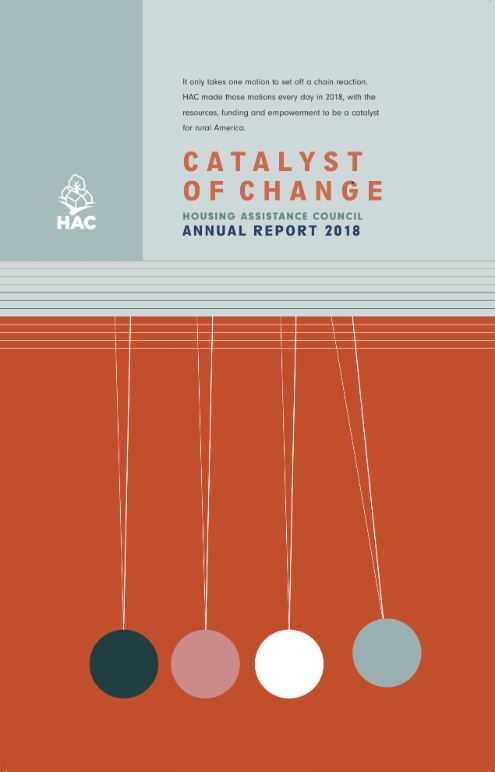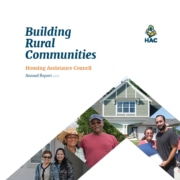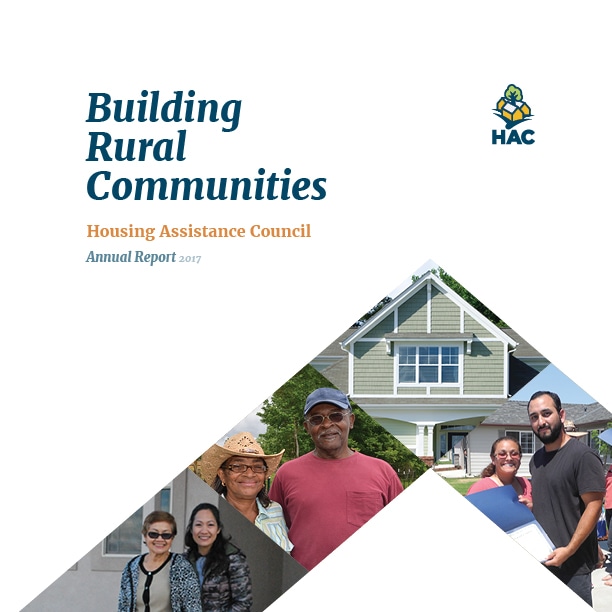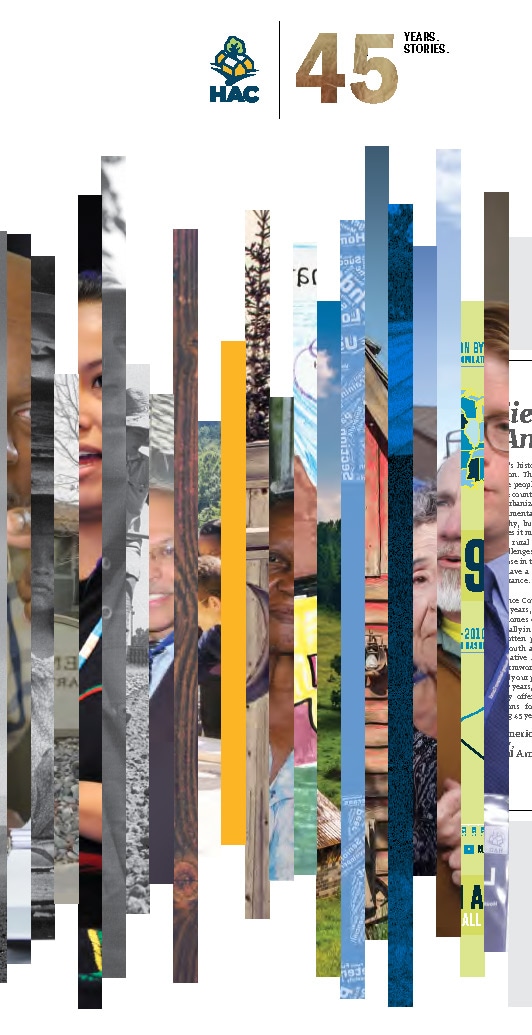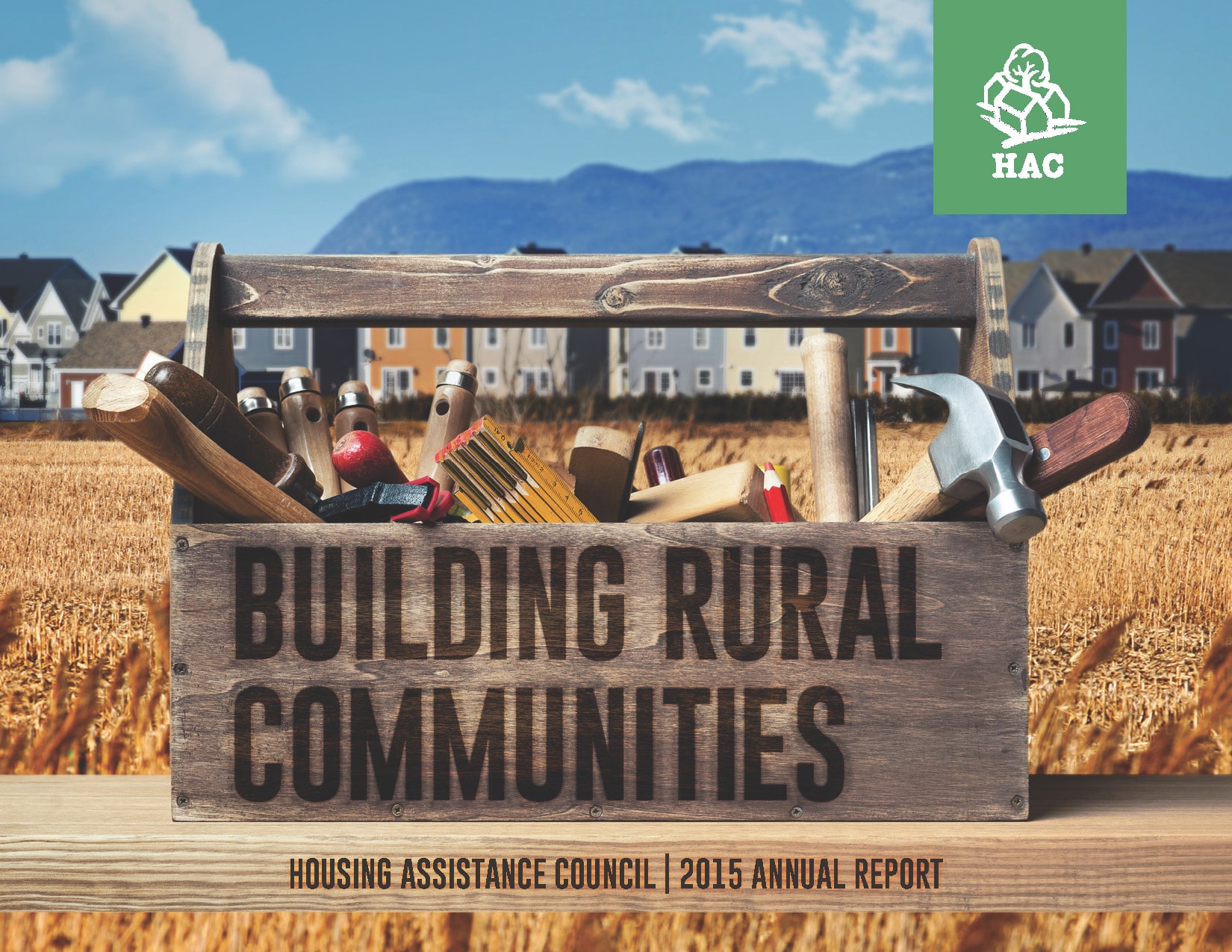HAC Privacy Policy
Privacy Policy
Effective date: August, 2 2023
Housing Assistance Council (“us”, “we”, or “our”) operates the https://ruralhome.org website and the HAC Trainings mobile application (the “Service”).
This page informs you of our policies regarding the collection, use, and disclosure of personal data when you use our Service and the choices you have associated with that data.
We use your data to provide and improve the Service. By using the Service, you agree to the collection and use of information in accordance with this policy. Unless otherwise defined in this Privacy Policy, terms used in this Privacy Policy have the same meanings as in our Terms and Conditions.
Information Collection And Use
We collect several different types of information for various purposes to provide and improve our Service to you.
Types of Data Collected
Personal Data
While using our Service, we may ask you to provide us with certain personally identifiable information that can be used to contact or identify you (“Personal Data”). Personally identifiable information may include, but is not limited to:
- Email address
- First name and last name
- Phone number
- Address, State, Province, ZIP/Postal code, City
- Cookies and Usage Data
Usage Data
We may also collect information that your browser sends whenever you visit our Service or when you access the Service by or through a mobile device (“Usage Data”).
This Usage Data may include information such as your computer’s Internet Protocol address (e.g. IP address), browser type, browser version, the pages of our Service that you visit, the time and date of your visit, the time spent on those pages, unique device identifiers and other diagnostic data.
When you access the Service by or through a mobile device, this Usage Data may include information such as the type of mobile device you use, your mobile device unique ID, the IP address of your mobile device, your mobile operating system, the type of mobile Internet browser you use, unique device identifiers and other diagnostic data.
Tracking & Cookies Data
We use cookies and similar tracking technologies to track the activity on our Service and hold certain information.
Cookies are files with small amount of data which may include an anonymous unique identifier. Cookies are sent to your browser from a website and stored on your device. Tracking technologies also used are beacons, tags, and scripts to collect and track information and to improve and analyze our Service.
You can instruct your browser to refuse all cookies or to indicate when a cookie is being sent. However, if you do not accept cookies, you may not be able to use some portions of our Service.
Examples of Cookies we use:
- Session Cookies. We use Session Cookies to operate our Service.
- Preference Cookies. We use Preference Cookies to remember your preferences and various settings.
- Security Cookies. We use Security Cookies for security purposes.
Automated processing of data
- We automatically collect certain information to track visitor activity on our websites. We use this information to improve the content of our sites as well as to provide visitors with a more relevant overall experience with our organization and our site. This information may include information that identifies you as an individual or relates to an identifiable individual, including: name, title, company name, job function, expertise, postal address, telephone number, or email address. We may also collect other information that does not reveal your specific identity or does not directly relate to an identifiable individual such as browser and device information, information collected through cookies, pixel tags, and other technologies, and demographic information. We never share this information or information you provide us with third parties except to the extent necessary to provide our Service and only to the extent described in the Terms of Service.
- If you fill out a web form on our site, your information will be stored in our CRM system and some amount of your past browsing on our site may be available to us to determine your interests. We may use this information to more effectively engage with you and improve our site. However, if you use private browsing as described below, you may provide us your information without making your past browsing activity available to us. If you do not wish for us to have your personal information, please do not fill out any of the web forms on this site.
- If you provide your email address and consent for email marketing, some information is collected about when/if the email was opened and what links were clicked. This information is used to assess the engagement and success of an email campaign.
- Clicking on a link in any of these emails may cause you to be personally identified on our site and may cause some part of your past browsing history on our site to be available to our personnel so we may more effectively engage with you and improve our site. If you do not wish for this tracking to occur, you can unsubscribe from our mailings or use private browsing mode to avoid tracking.
- Housing Assistance Council never uses visitor identification techniques that involve sharing information you provide us with other sites or vice versa. Housing Assistance Council never stores any information in your computer’s Flash local shared objects area (i.e., we never use what is known as ‘flash cookies’).
If you do not want this site to place a cookie on your browser and track your activity, you may leave the site or you may browse the site using privacy mode in your web browser. To learn how to use privacy mode, refer to the links below depending on the browser you use.
Use of Data
Housing Assistance Council uses the collected data for various purposes:
- To provide and maintain the Service
- To notify you about changes to our Service
- To allow you to participate in interactive features of our Service when you choose to do so
- To provide customer care and support
- To provide analysis or valuable information so that we can improve the Service
- To monitor the usage of the Service
- To detect, prevent and address technical issues
Transfer Of Data
Your information, including Personal Data, may be transferred to — and maintained on — computers located outside of your state, province, country or other governmental jurisdiction where the data protection laws may differ than those from your jurisdiction.
If you are located outside United States and choose to provide information to us, please note that we transfer the data, including Personal Data, to United States and process it there.
Your consent to this Privacy Policy followed by your submission of such information represents your agreement to that transfer.
Housing Assistance Council will take all steps reasonably necessary to ensure that your data is treated securely and in accordance with this Privacy Policy and no transfer of your Personal Data will take place to an organization or a country unless there are adequate controls in place including the security of your data and other personal information.
Disclosure Of Data
Legal Requirements
Housing Assistance Council may disclose your Personal Data in the good faith belief that such action is necessary to:
- To comply with a legal obligation
- To protect and defend the rights or property of Housing Assistance Council
- To prevent or investigate possible wrongdoing in connection with the Service
- To protect the personal safety of users of the Service or the public
- To protect against legal liability
Security Of Data
The security of your data is important to us, but remember that no method of transmission over the Internet, or method of electronic storage is 100% secure. While we strive to use commercially acceptable means to protect your Personal Data, we cannot guarantee its absolute security.
Service Providers
We may employ third party companies and individuals to facilitate our Service (“Service Providers”), to provide the Service on our behalf, to perform Service-related services or to assist us in analyzing how our Service is used.
These third parties have access to your Personal Data only to perform these tasks on our behalf and are obligated not to disclose or use it for any other purpose.
Analytics
We may use third-party Service Providers to monitor and analyze the use of our Service.
Links To Other Sites
Our Service may contain links to other sites that are not operated by us. If you click on a third-party link, you will be directed to that third party’s site. We strongly advise you to review the Privacy Policy of every site you visit.
We have no control over and assume no responsibility for the content, privacy policies or practices of any third-party sites or services.
Children’s Privacy
Our Service does not address anyone under the age of 18 (“Children”).
We do not knowingly collect personally identifiable information from anyone under the age of 18. If you are a parent or guardian and you are aware that your Children has provided us with Personal Data, please contact us. If we become aware that we have collected Personal Data from children without verification of parental consent, we take steps to remove that information from our servers.
Changes To This Privacy Policy
We may update our Privacy Policy from time to time. We will notify you of any changes by posting the new Privacy Policy on this page.
We will let you know via email and/or a prominent notice on our Service, prior to the change becoming effective and update the “effective date” at the top of this Privacy Policy.
You are advised to review this Privacy Policy periodically for any changes. Changes to this Privacy Policy are effective when they are posted on this page.
Contact Us
If you have any questions about this Privacy Policy, please contact us:
- By email: hac@ruralhome.org
- By visiting this page on our website: https://ruralhome.org/privacy
- By phone number: 202.842.8600


